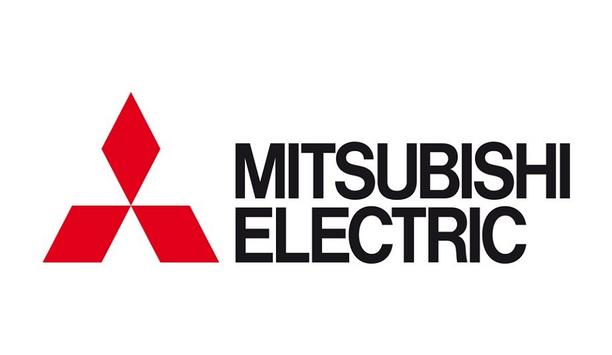To tank or not to tank - that is the question when it comes to installing a new water heater! Both have benefits, but which type is best for the home? They take an in-depth look at each to help homeowners.
These types of water heaters are the old stand-by and what comes to mind when we think of a traditional water heater. The unit heats up the water and stores it for later use, typically in the range of 30 to 50 gallons.
These heaters do use consistent energy as the water inside is kept at a certain temperature, so it is ready for the use at any time. As users know, if they deplete the hot water in the tank, they are left with a cool shower!
Tankless Water Heaters
The tankless types are newer to the world of heating technology and do not utilize a tank to hold water
The tankless types are newer to the world of heating technology and do not utilize a tank to hold water. They work on-demand. When users turn on the hot water, the tankless unit starts working and heats up the water before sending it out to the faucet or appliance that is turned on.
With a tankless unit, there is no storage of hot water and there is less energy used because of this process. Drilling it down, let’s look at how each type of water heater works within these areas.
Initial cost: Users will find that tankless heaters do cost more up-front for both product and service. When users are installing a tankless unit where there once was a tank unit, there is also more than likely an additional cost associated with this, depending on the home.
Availability of hot water
Costs over time: The tankless type is often chosen because of the energy savings that is seen over time. While users pay more at the beginning, they will get that back over the years with savings on operating costs. Tank units can still be energy efficient too.
Life of the unit: Tankless heaters tend to last longer – an additional 10 to 15 years – and there is not a risk of water damage if the tank fails because it does not store water like in a tank unit. A properly installed tank heater will last anywhere from 10 to 15 years.
Hot water availability: At the top of the list is the availability of hot water. While the amount of space in a tank heater restricts output, homeowners can typically operate two showers at the same time or a shower and the dishwasher or washing machine. Since tankless water heaters can only heat up water on-demand, there may be an interruption of warm water flow to more than one place at the same time.















